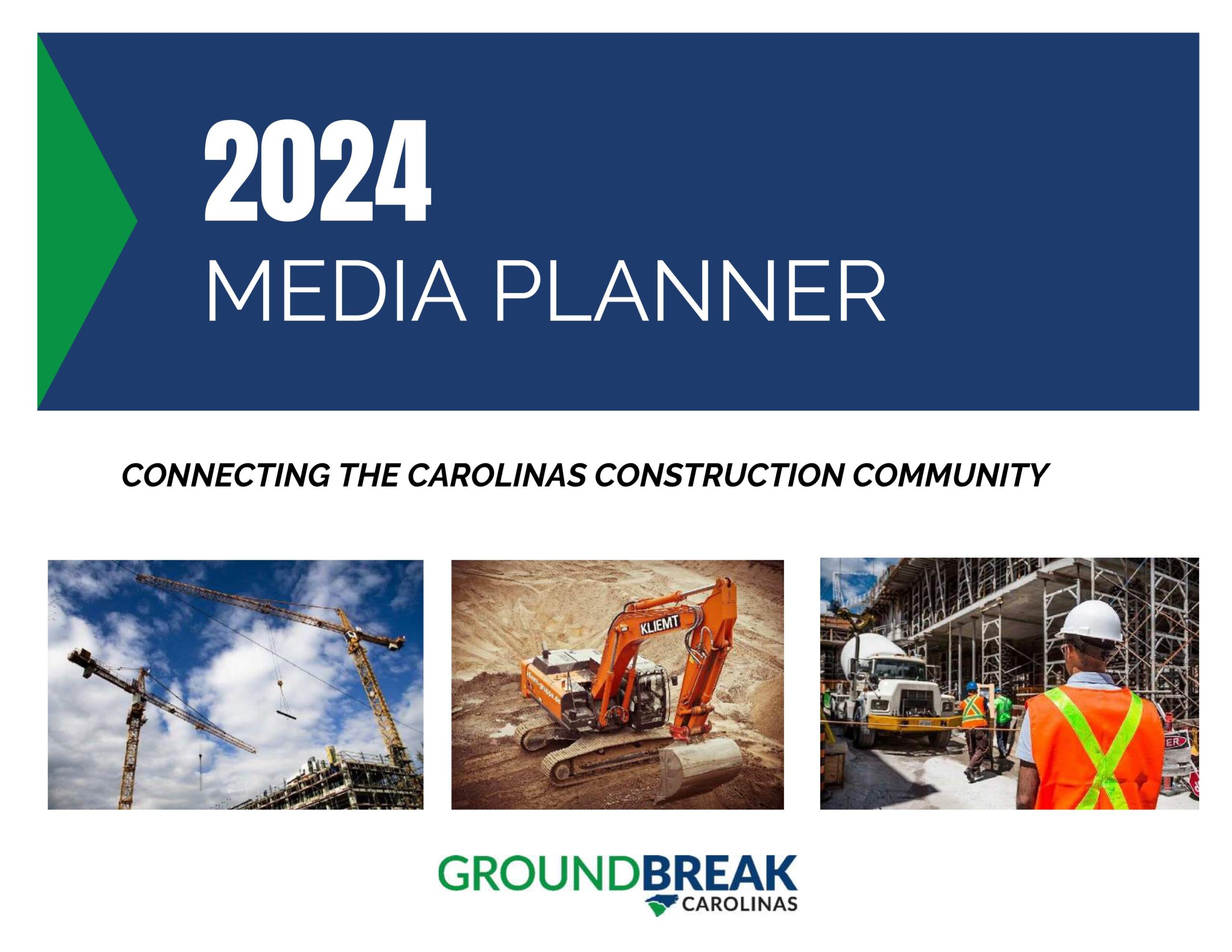
Incentive Compensation Plan Best Practices for Subcontractors
Incentive compensation plans can be a key tool to reach your strategic objectives. Subcontractors, specialty trade contractors and suppliers in the construction industry are learning about incentive compensation plan best practices with a new video-on-demand available from the Foundation of the American Subcontractors Association.
Developing an effective incentive compensation is a huge investment. On average, engineering and construction companies spend an average 15 percent of net profit before taxes, on these programs. The U.S. construction industry has an enormous opportunity to improve the effectiveness of current incentive compensation programs, especially because few construction companies use industry market data to ensure adequate incentives.
“It can be challenging to create an incentive plan that supports your strategic objectives, motivates attainment of stretch goals, provides desired returns and behaviors and yields results,” says Mike Rose, Ph.D., FMI, presenter of the video-on-demand, “Incentive Compensation Plan Best Practices.”
FMI set out to answer some basic questions to find out what makes incentive compensation more effective in the eyes of top executives in the construction industry. In the on-demand video Rose shares results of this survey and discusses:
-The seven critical issues commonly practiced in the construction industry that need to be addressed in order to improve the effectiveness of your incentive program.
-How effective incentive compensation plans can attract and retain the best talent and increase your return on investment.
-How to effectively balance the incentives to minimize unintended consequences such as divisional silos and free riders.
-How to avoid the pitfall of paying out bonuses in lean years and ensure adequate time for proper transitions to new plans.
Play this on-demand video with a free media player like Windows Media Player, and use it for group training by projecting it onto a screen or wall in a conference room. “Incentive Compensation Plan Best Practices” (Item #8102) is $65 for ASA members and $95 for nonmembers. Order online.
FASA was established in 1987 as a 501(c)(3) tax-exempt entity to support research, education and public awareness. Through its Contractors’ Knowledge Network, FASA is committed to forging and exploring the critical issues shaping subcontractors and specialty trade contractors in the construction industry. FASA provides subcontractors and specialty trade contractors with the tools, techniques, practices, attitude and confidence they need to thrive and excel in the construction industry.






